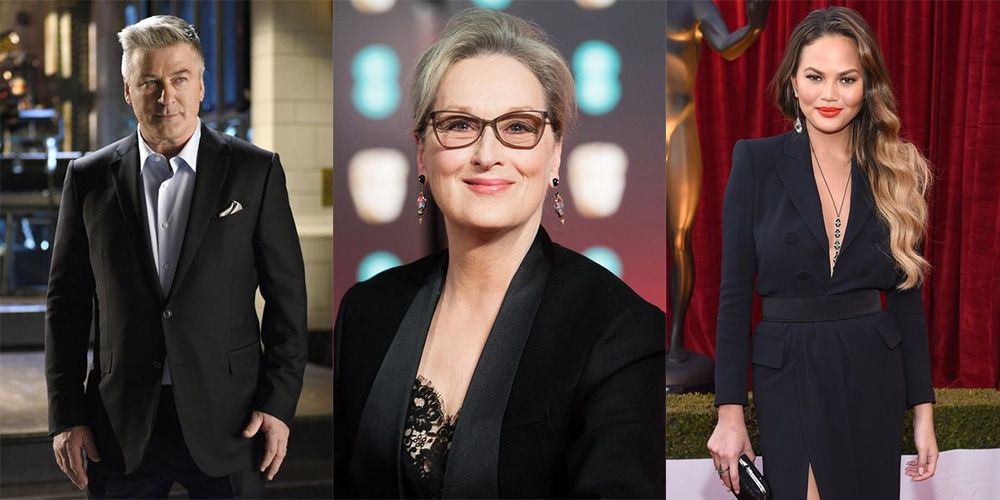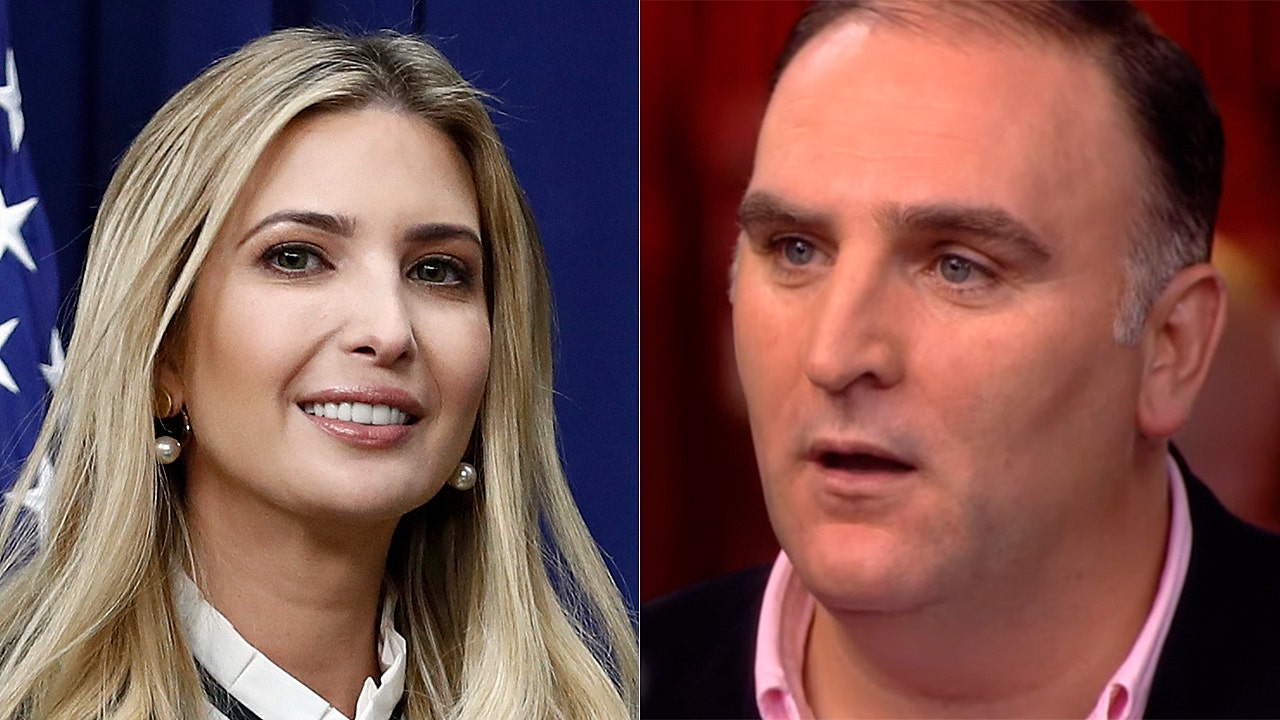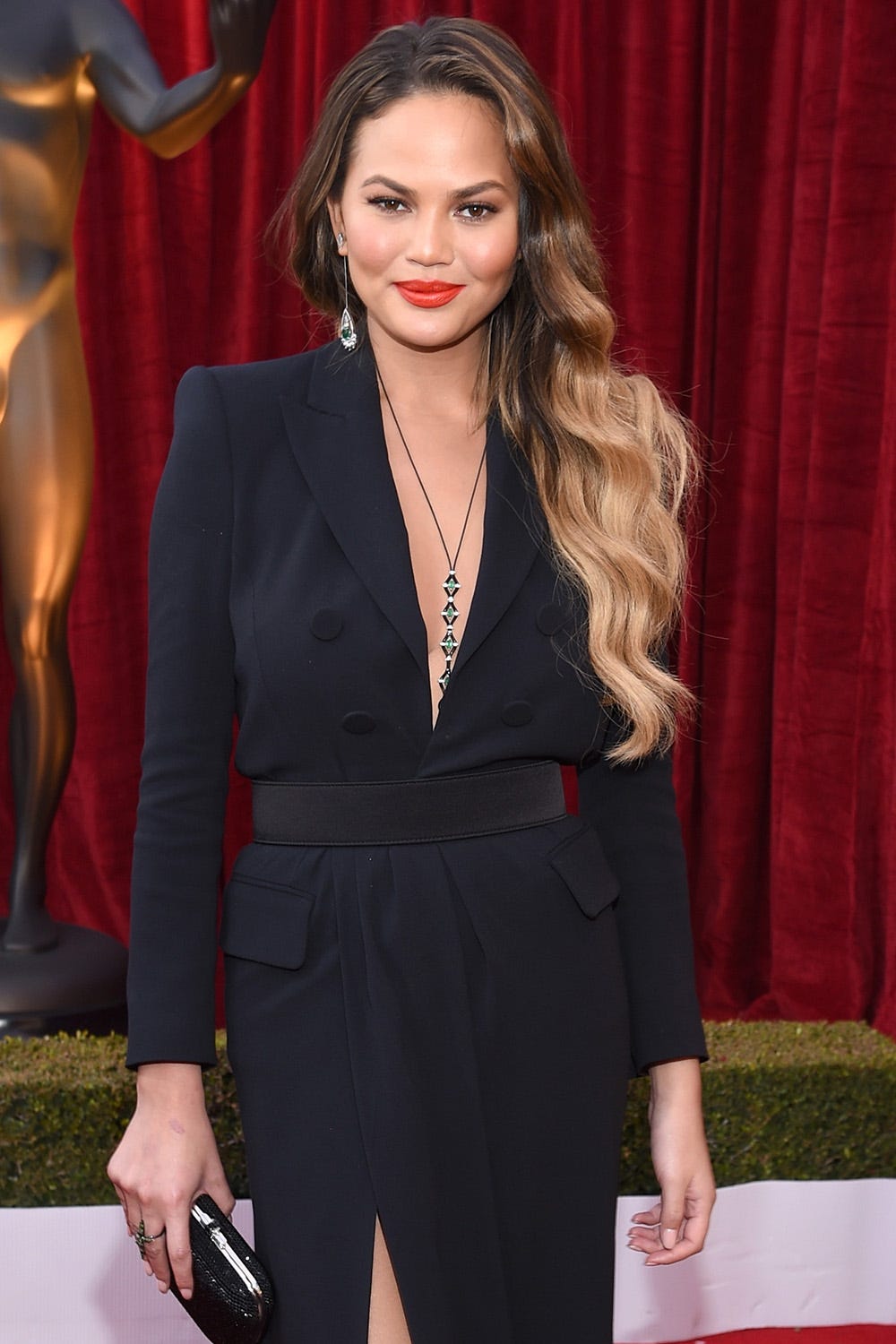Is the relationship between celebrity influence and political discourse becoming increasingly complex? The undeniable surge in celebrity involvement in political commentary, especially regarding figures like Donald Trump, has reshaped the public's perception of both politics and entertainment.
The landscape of political discourse has, undoubtedly, been altered by the voices of those who traditionally dwell in the realms of entertainment, arts, and music. The era of Donald Trump's presidency, and the period that both preceded and followed it, witnessed an unprecedented level of vocal opposition and, in some cases, endorsement from a diverse array of public figures. From nuanced critiques to outright condemnations, these celebrities have leveraged their platforms to express their opinions, often creating ripple effects that resonate far beyond the entertainment industry.
The question of whether celebrity involvement in politics is a positive or negative development remains a subject of heated debate. While some see it as a valuable addition, bringing new perspectives and voices to the table, others view it as a dilution of serious political discussion. The reactions range from admiration to disgust, reflecting the deep divisions present in contemporary society.
This shift is a testament to the evolving nature of media, the power of social platforms, and the growing interconnectedness of celebrity, politics, and public opinion. As these factors coalesce, we must consider the long-term effects of this interaction and how it might redefine the future of political engagement.
Celebrity Voices
The critical responses to Donald Trump from within the celebrity sphere encompass a broad spectrum. Some celebrities made their views explicitly known through social media platforms. Others lent their voices to organized campaigns and political initiatives. This ranged from support for opposing candidates to advocating for policy changes. The methods they employed, and the intensity of their expressions, have created a diverse mosaic of opinions.
The criticisms, the endorsements, and the calls for action all combined to create an environment where the political landscape was shaped, at least in part, by the sentiments of entertainers, musicians, and artists. The impact of this remains a subject of active assessment.
Table
The following table provides details on some of the well-known celebrities who voiced their opinions on Donald Trump, whether positive or negative, along with their respective actions.
| Celebrity | Known For | Actions/Statements Regarding Trump | Link to Reference |
|---|---|---|---|
| Chlo Grace Moretz | Actress | Vowed to work against Trump, supported opposing candidates. | Vanity Fair |
| Kerry Washington | Actress and Producer | Vowed to work against Trump, often shared politically-charged messages on social media. | Elle Magazine |
| Mark Ruffalo | Actor and Activist | Vowed to work against Trump. Vocal advocate for progressive causes, often criticizing Trump's policies. | The Hollywood Reporter |
| Taylor Swift | Singer-Songwriter | Endorsed Kamala Harris in an Instagram post after a debate between Harris and Trump. Previously expressed political views on social media. | Billboard |
| Barbra Streisand | Singer, Actress | Criticized Trump's policies and statements through social media and interviews. | The New York Times |
| Jamie Lee Curtis | Actress | Made her feelings known on social media | US Magazine |
| Kathy Griffin | Comedian | Known for outspoken criticism, faced repercussions for a controversial photo referencing Trump. | CNN |
| Pearl Jam | Rock Band | Criticized Trump through music and public statements | Rolling Stone |
| J.K. Rowling | Author | Compared Trump to Lord Voldemort in a tweet. | The Independent |
The Double-Edged Sword of Celebrity Influence
The impact of celebrity voices on political discourse is multifaceted and generates a wide range of responses. Supporters praise the capacity of celebrities to bring attention to crucial issues and inspire citizen engagement. Critics, however, argue that such pronouncements might lack depth, that the focus on personalities can overshadow complex political issues, or that endorsements are based on limited expertise.
The relationship between celebrities and politics is a complicated one. Celebrities are often criticized for expressing opinions without deep understanding of the issues at hand. Their pronouncements might come from a place of genuine concern, or from political positioning. Regardless of their motivation, celebrity endorsements and criticisms can shape public sentiment, and often have a significant impact on policy debates.
Social Media
The rise of social media has further altered the dynamics of celebrity-political engagement. Platforms like Twitter, Instagram, and Facebook have become central venues for public figures to share their views, bypassing traditional media gatekeepers. The immediacy and the potential for viral spread afforded by these platforms grant celebrities unmatched power to broadcast their messages directly to large audiences.
The speed and reach of social media allows celebrities to respond in real time to political events, which often helps shape public discourse. The power to craft and disseminate their messaging, without the traditional filtering processes, allows for a more organic and often unvarnished display of opinion. This immediacy is a double-edged sword, however; it can amplify genuine calls to action, but it can also disseminate misinformation or poorly considered pronouncements.
The Backlash and Its Consequences
Celebrities who have criticized Donald Trump have sometimes encountered significant backlash. The consequences have ranged from online harassment and boycotts to more tangible effects on their careers. The public response varies, reflecting the polarized nature of the political climate. For instance, the incident involving Kathy Griffin, who faced widespread condemnation for a controversial photo, demonstrates the potential risks of celebrity political commentary, highlighting the complex interplay between freedom of expression, public taste, and the boundaries of acceptable behavior.
The repercussions faced by celebrities who take a political stance highlight the risks involved, and underscore the potential for significant consequences. These consequences often serve as a deterrent, which helps to explain why so many public figures have carefully chosen their words and actions.
The Broader Implications
The increased convergence of celebrity and politics has broader implications for the health of democracy and the ways in which the public understands political processes. The focus on personalities can overshadow the intricate realities of policymaking. It also can lead to simplification of complex subjects.
As celebrity involvement in politics continues to evolve, it's imperative to critically analyze the influence of these voices and their effects on the political arena. Understanding the motivations behind such involvement, the consequences of their actions, and the ways in which their messages are received will be crucial for navigating this changing landscape.
The Shifting Sands of Political Engagement
The relationship between celebrity and politics is a dynamic one, marked by evolving public sentiment, and the influence of new media platforms. The voices of entertainers, athletes, and artists have increasingly become integral to the political conversation. The intensity of this engagement is likely to remain a key feature of the political landscape in the years to come.
The increasing involvement of celebrities in politics is a defining characteristic of the current era. Understanding this interplay is necessary to understanding modern political discourse.


